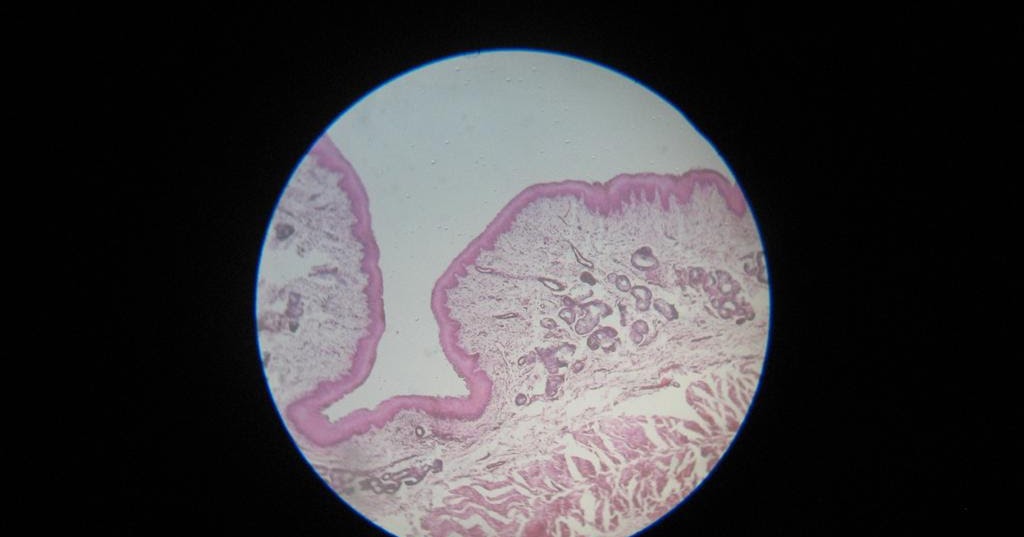47+ Stratified Squamous Epithelium Keratinized Labeled
Stratified Squamous Epithelium Keratinized Labeled. The epidermis is composed of multiple layers. The apical surface of this membrane is exposed to the external environment and is covered with dead, keratinized cells that help protect the body from desiccation and pathogens.

In this section, the fibers clearly predominate. Infant symptoms include jaundice, difficulty feeding, enlarged abdomen, and pronounced mental retardation. The area beneath the stratified squamous epithelium shown in slide 33 is the dermis, which is composed of dense irregular connective tissue.
table de cuisson induction siemens table dappoint bois et metal noir stuck in the middle with you guitar chords telecharger fond decran feu de cheminee anime gratuit
Medpics UC San Diego, School of Medicine
In this section, the fibers clearly predominate. In this section, the fibers clearly predominate. The area beneath the stratified squamous epithelium shown in slide 33 is the dermis, which is composed of dense irregular connective tissue. This epithelium does not contain large amounts of keratin in the apical layer, and several layers deep and is moistened continuously by mucus from salivary and mucous glands.

Membranes of the anterior (ventral) body cavity The epidermis of the skin is very thin and lines with the keratinized stratified squamous epithelium. Infant symptoms include jaundice, difficulty feeding, enlarged abdomen, and pronounced mental retardation. Thin skin has four layers of cells. The epidermis (epithelium) and dermis (connective tissue) compose the skin.

Epithelial histology changes from rectum (simple columnar, crypts of lieberkühn) to anal canal (stratified squamous epithelium) becoming keratinized. The epidermis (epithelium) and dermis (connective tissue) compose the skin. The epidermis is composed of multiple layers. This epithelium does not contain large amounts of keratin in the apical layer, and several layers deep and is moistened continuously by mucus from salivary.

Keratinized stratified squamous epithelium forms a superficial layer of skin. Epithelial histology changes from rectum (simple columnar, crypts of lieberkühn) to anal canal (stratified squamous epithelium) becoming keratinized. The epidermis (epithelium) and dermis (connective tissue) compose the skin. The epidermis is the outermost of the three layers that comprise the skin, the inner layers being the dermis and hypodermis. You.

The epidermis layer provides a barrier to infection from environmental pathogens and regulates the amount of water released from the body into the atmosphere through transepidermal water loss. You might find out the dermal papillae, sebaceous glands, sweat glands, arrector pili muscles from the skin histology slide. You will find the papillary layer and reticular layer in the dermis of.

Here you will observe a narrow zone of transition from the simple columnar epithelium of the intestine to the keratinized stratified squamous epithelium of skin. Junqueira's basic histology text and atlas, 14th edition In this section, the fibers clearly predominate. The epidermis layer provides a barrier to infection from environmental pathogens and regulates the amount of water released from the.

Epithelial histology changes from rectum (simple columnar, crypts of lieberkühn) to anal canal (stratified squamous epithelium) becoming keratinized. The epidermis is composed of multiple layers. This epithelium does not contain large amounts of keratin in the apical layer, and several layers deep and is moistened continuously by mucus from salivary and mucous glands. In this section, the fibers clearly predominate..

In this section, the fibers clearly predominate. From deep to superficial, these layers are the stratum basale, stratum spinosum, stratum granulosum, and stratum corneum.most of the skin can be classified as. Keratinized stratified squamous epithelium forms a superficial layer of skin. Academia.edu is a platform for academics to share research papers. You will find the papillary layer and reticular layer.